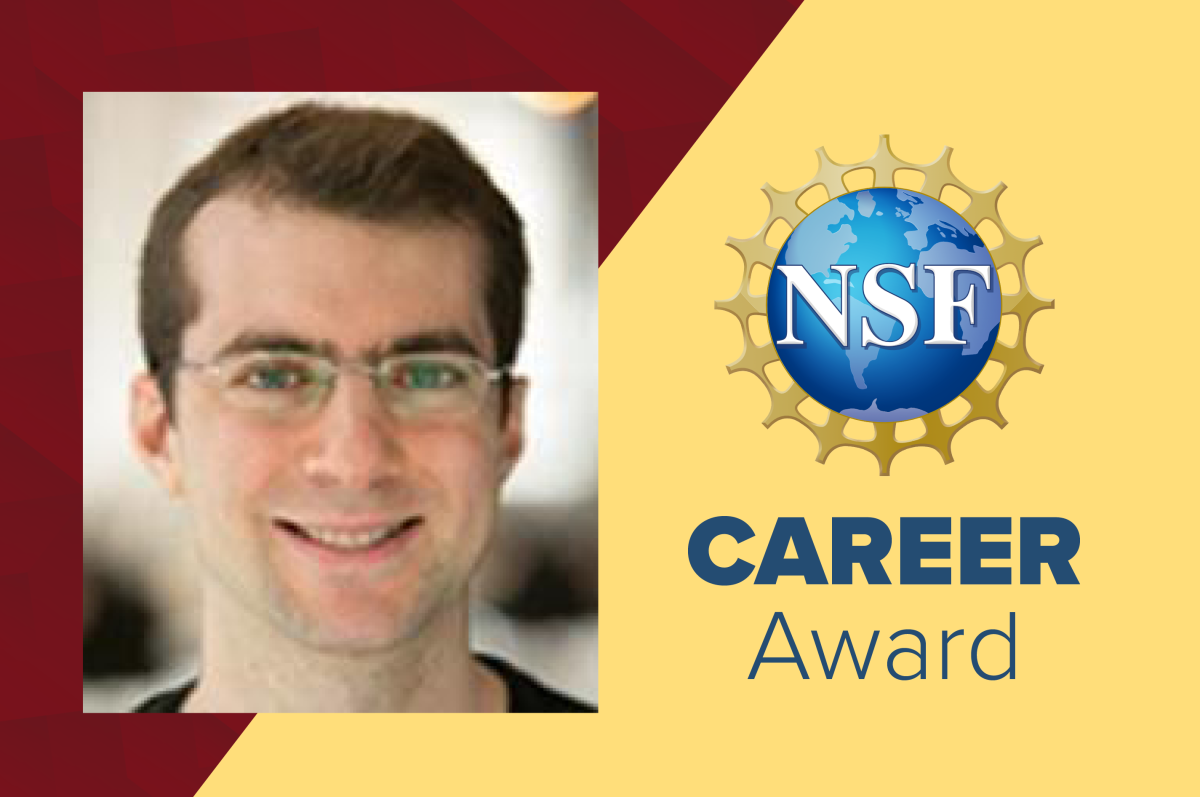Professor William Leeb receives NSF CAREER Award for data processing research

MINNEAPOLIS / ST. PAUL (2/13/2023) – Assistant Professor William Leeb has received a National Science Foundation (NSF) Faculty Early Career Development Program (CAREER) Award for research into new mathematical methods for data processing. The award amount of $500,000 will support Prof. Leeb’s design of new methodologies from random matrix theory, computational harmonic analysis, and related fields, at the University of Minnesota.
“Recent years have seen an increase in data-driven approaches to scientific discovery and technological innovation. Datasets of enormous size and variety are routinely used to explore new phenomena and train algorithms. As data volume and complexity grow, however, data quality often decreases. Data can be plagued by noise, outliers, missing values, and other forms of information loss. This project will design robust, efficient algorithms for analyzing such corrupted data. These methods will be deployed on problems in imaging, biology, and other high-impact domains. They will be implemented in general-purpose codes, to be released for public use,” Prof. Leeb writes of the project’s significance.
Prof. Leeb’s study will consider two complementary methodologies for processing corrupted data. For the first class of methods, the data will be assumed to have an underlying low-rank structure that is perturbed by both additive noise and linear filters. New results from random matrix theory will be developed for signal recovery problems in this setting, including the estimation of covariance and distance matrices. The second class of methods will exploit geometric structures in data. Novel methods from computational harmonic analysis will be devised to both learn the geometry of a dataset by uncovering relational information between data points, and to use this geometric information for clustering, regression, and other tasks. Both approaches have the potential to yield methods that are not only statistically robust, but also computationally efficient.
In addition to the research itself, the award will also fund the development of educational resources to train students at the advanced undergraduate and beginning graduate level in the theory and practice of data analysis. The project will include funded opportunities for both undergraduate and graduate UMN student researchers to collaborate on the research.
Prof. Leeb joined the School of Mathematics faculty as an assistant professor in 2018 after completing his postdoctoral research under Amit Singer at Princeton University and Ph.D. at Yale University under Ronald Coifman. His research at the University of Minnesota is focused on applied and computational harmonic analysis, statistical signal processing, and machine learning.